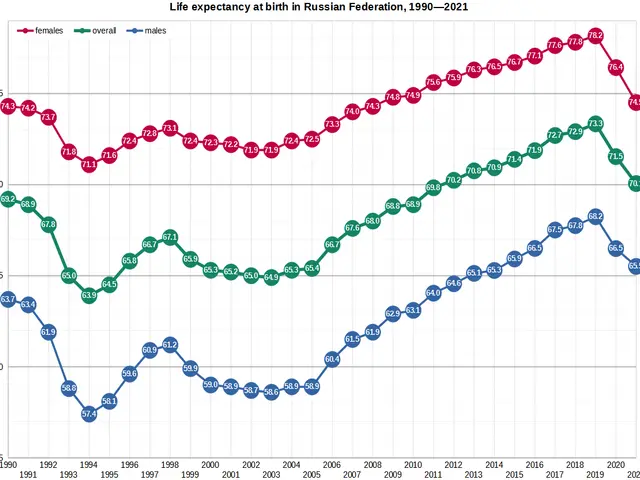Rapid advancements in automotive policies worldwide fuel transition towards electric vehicles
The latest report, produced by the Editorial Board EVBoosters, examines the effects of various Zero Emission Vehicle (ZEV) policy pathways on the global automotive sector and the global entry of ZEVs.
The report highlights a substantial disparity between current ambitions and the demanding measures necessary to limit global warming to 1.5°C. Current policies alone may lead to increasing global vehicle CO2 emissions through 2050, but the adoption of proposed policies and EV targets could help emissions peak by 2030 and stabilize at current levels.
Achieving a 100% transition to ZEVs for new light-duty vehicles by 2035 and new heavy-duty vehicles by 2040, as suggested by the report, aligns with the 2°C climate goal for the automotive sector. However, further actions would be required to limit warming to 1.5°C.
The report indicates a 34% reduction in the gap between current ambitions and a 2°C-compatible pathway. Countries like Australia, Canada, the European Union, the United Kingdom, and the United States are positioned to meet over half of their mitigation potential through proposed policy actions.
The report does not specify what specific stringent measures are needed to limit global warming to 1.5°C. It also does not provide details on how the 2°C climate goal for the automotive sector was determined.
The report's key findings focus on the impacts of various ZEV policy pathways. It does not discuss the potential consequences of not transitioning to ZEVs by the suggested timelines.
The ICCT report tracks policy changes from August 2021 to March 2023, focusing on the United States and the European Union, which have collectively reduced CO2 emissions by approximately 17 gigatonnes between 2023 and 2050.
The report also emphasises the importance of international commitments. Governments can potentially avoid an additional 11 gigatonnes of CO2 emissions by adhering to their international commitments, such as the Accelerating to Zero Coalition's ZEV Declaration and the Global Memorandum of Understanding on Zero-Emission Medium- and Heavy-Duty Vehicles.
The report is intended to guide actions of governments, including those part of the Zero Emission Vehicles Transition Council (ZEVTC). It is a valuable resource for policymakers and stakeholders aiming to accelerate the transition to ZEVs and mitigate the impacts of climate change.








